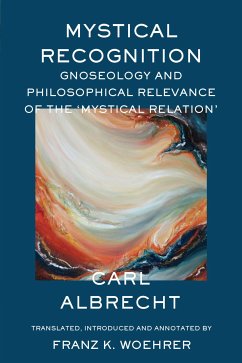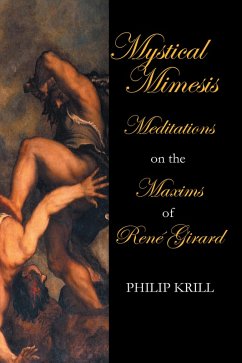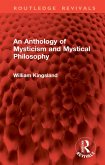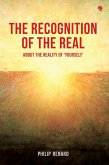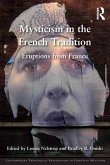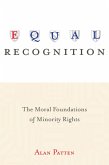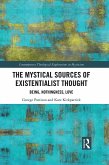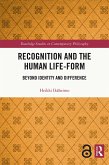Mystical Recognition relies on the insights of Albrecht's earlier study Psychology of Mystical Consciousness, which are applied here to the critical analysis of a representative corpus of mystical texts-about 100 testimonies of numerous Christian and non-Christian mystics across cultural and historical traditions. Mystical Recognition aims at exploring the 'ontic fundament' by which the psychological phenomena and responses are elicited in a mystical event. While conceding that an individual mystical experience is largely imbued with the beliefs and suppositions that a mystic holds prior to a mystical experience, Albrecht insists that a genuine mystical experience will always impart some impact and cognitive insight that cannot reasonably be accounted for from the subject's prior knowledge or the subjective domain of his/her consciousness. Any genuine mystical event is caused by an 'impact' imposed from beyond the confines of the individual self and thus the manifestation of a living 'mystical relation' between the experiencer and the 'All-encompassing. The discovery that the 'mystical relation' is an existential facticity and, as such, an 'ultimate phenomenon' (i.e. a phenomenon that 'is'-like 'life,' 'spirit,' or 'love'-but which cannot be rationally explained or traced to a known source) is a unique pioneering achievement and provides a new epistemological foundation for the understanding of the spiritual nature of man. In the final chapter, Albrecht juxtaposes his findings of his analyses of the corpus of mystical records and of several original accounts of mystical experience (including his own) critically to the conception of human 'Dasein' as outlined by Heidegger's and Binswanger's 'hermeneutics of Dasein,' resulting in the claim that man is endowed with the capacity of 'openness' which enables him/her to perceive and respond to phenomena of 'transcendental Reality' 'arriving' in his/her consciousness.
Dieser Download kann aus rechtlichen Gründen nur mit Rechnungsadresse in A, B, BG, CY, CZ, D, DK, EW, E, FIN, F, GR, HR, H, IRL, I, LT, L, LR, M, NL, PL, P, R, S, SLO, SK ausgeliefert werden.

